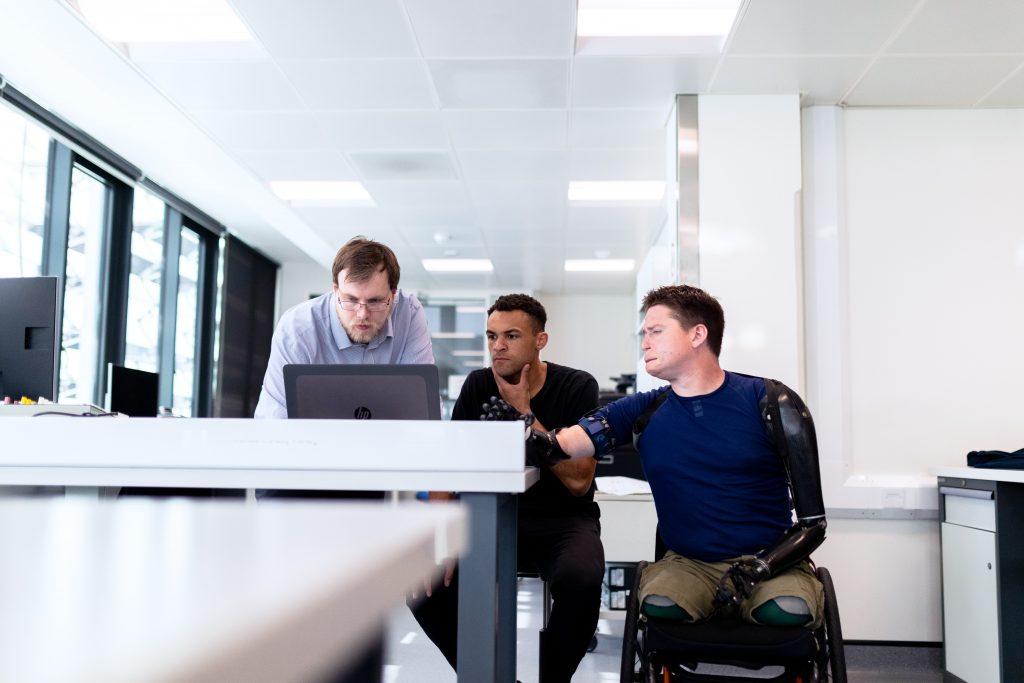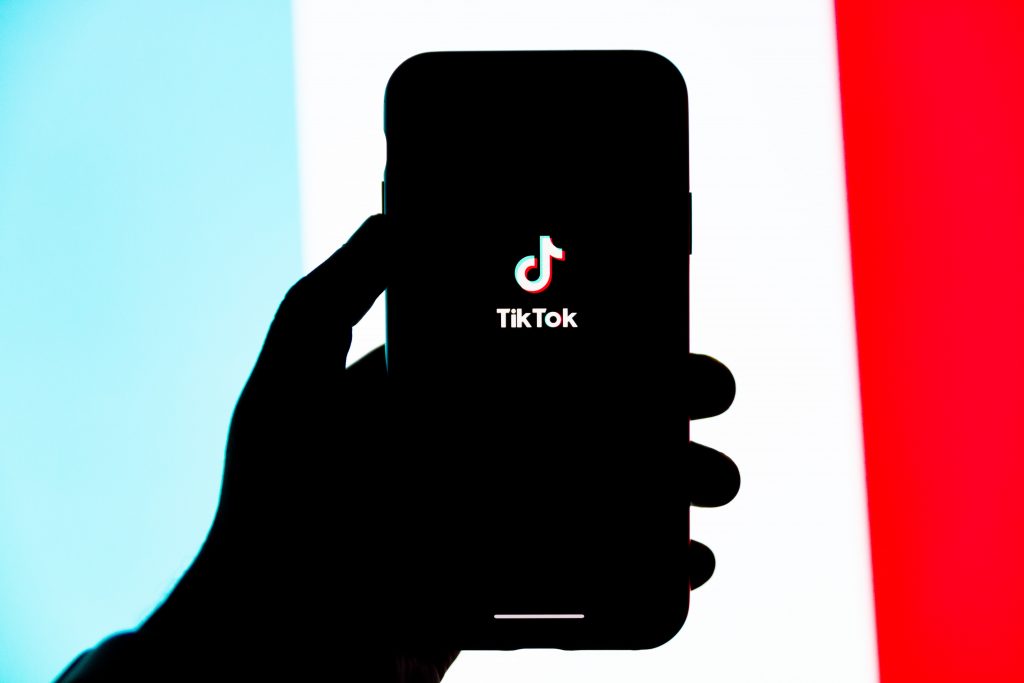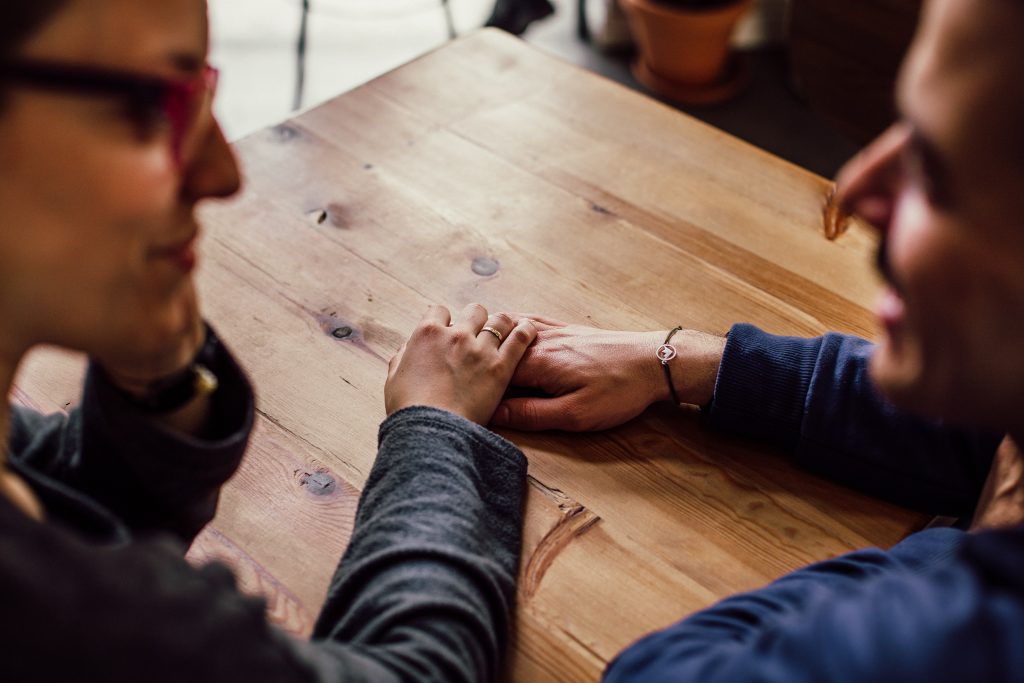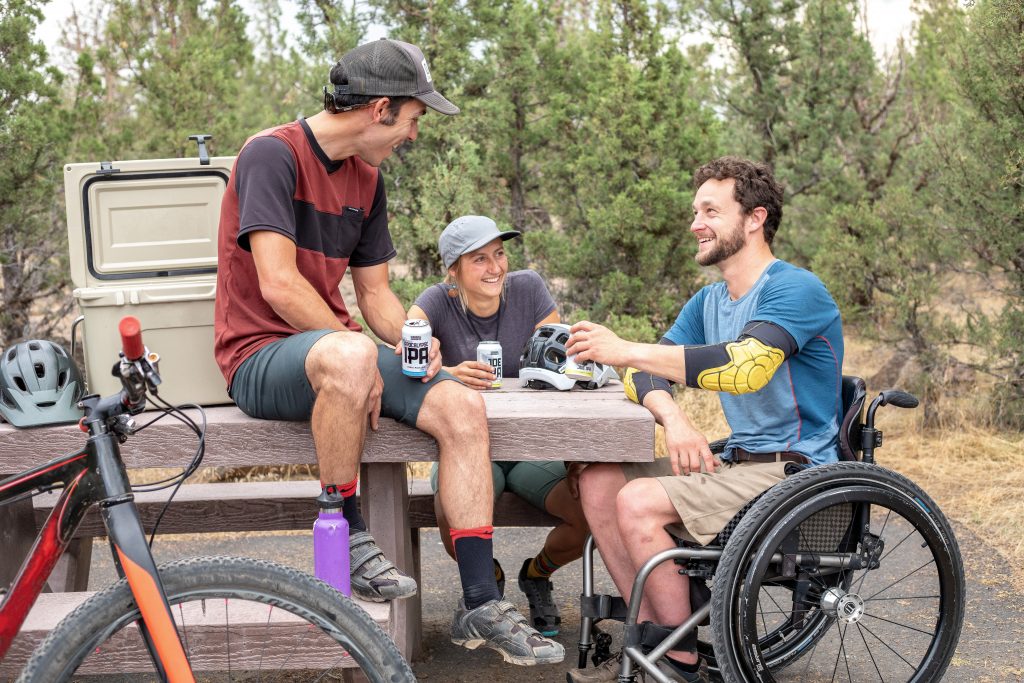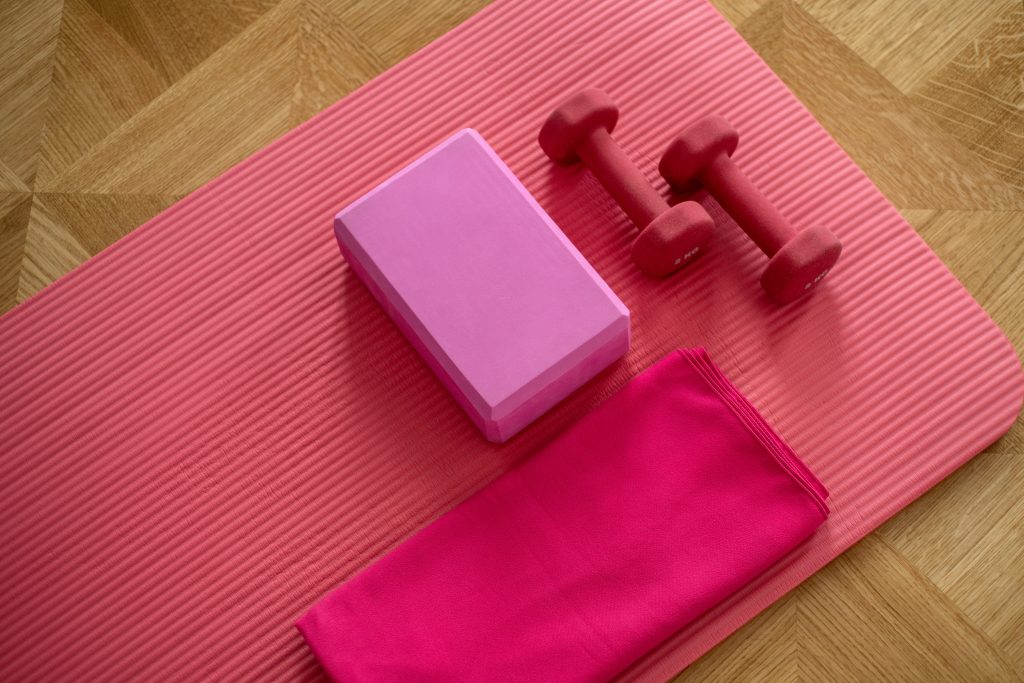At the time, YBhg. Dato’ Dr. Zaliha Omar was the Head of the Medical Rehabilitation Unit at University of Malaya Medical Centre. She was appointed as Honorary Consultant and Project Leader due to her expertise in Rehabilitation Medicine, and her extensive experience working alongside people with disabilities.
The main Rehabilitation Medicine Facility had been gathering and spreading information throughout the 20+ years she was there. In fact, it played a very important role in meeting the needs of their growing number of patients with disabilities. When the work first began in 1984, it was simply the information of patients in need matched to donors and volunteers. All of this was hand-written in a 555 notebook. It gradually grew into a physical file of useful information to address the diverse needs of people with disabilities, their families and their carers.
By 1999, more information had been gathered but it was no longer manageable manually. Mr. Liew Chee Keong, who was paralysed below the neck and had acquired computer skills, volunteered to work on an online version of the information collection and provision system. It would provide opportunities for PWD to improve their quality of life. Persistence, perseverance and patience with the challenging task finally paid off when BAKTI appointed YBhg. Dato’ Dr. Zaliha Omar as the project leader in October 2004. She then rapidly drew on the enthusiasm of her diverse volunteer team to start building the MIND project.

